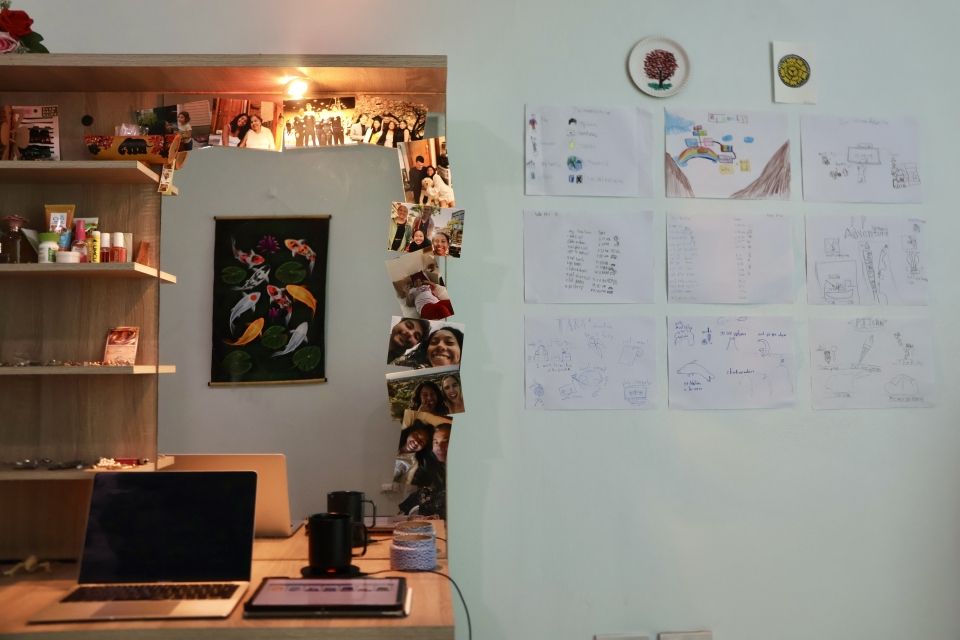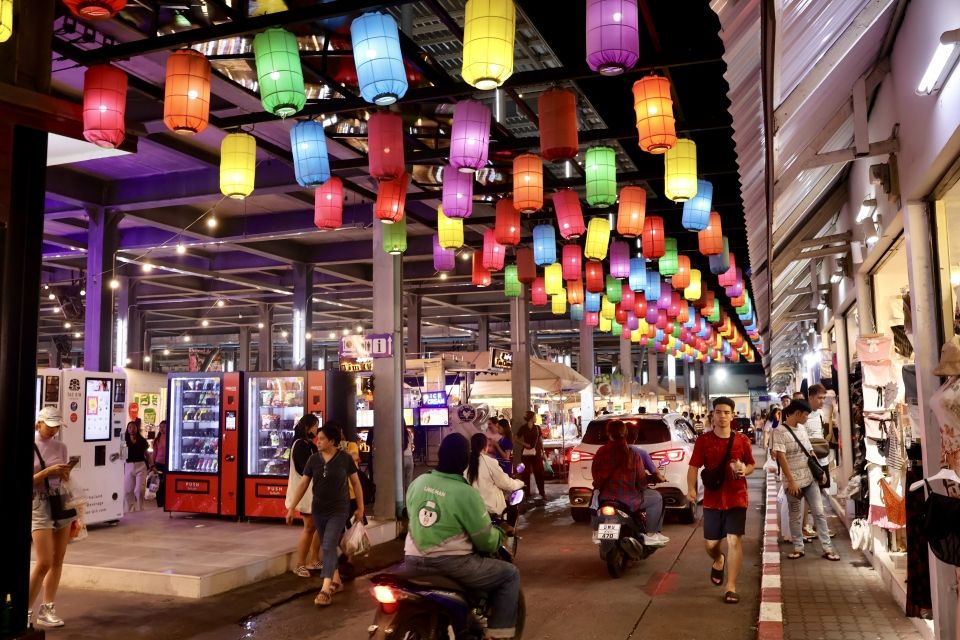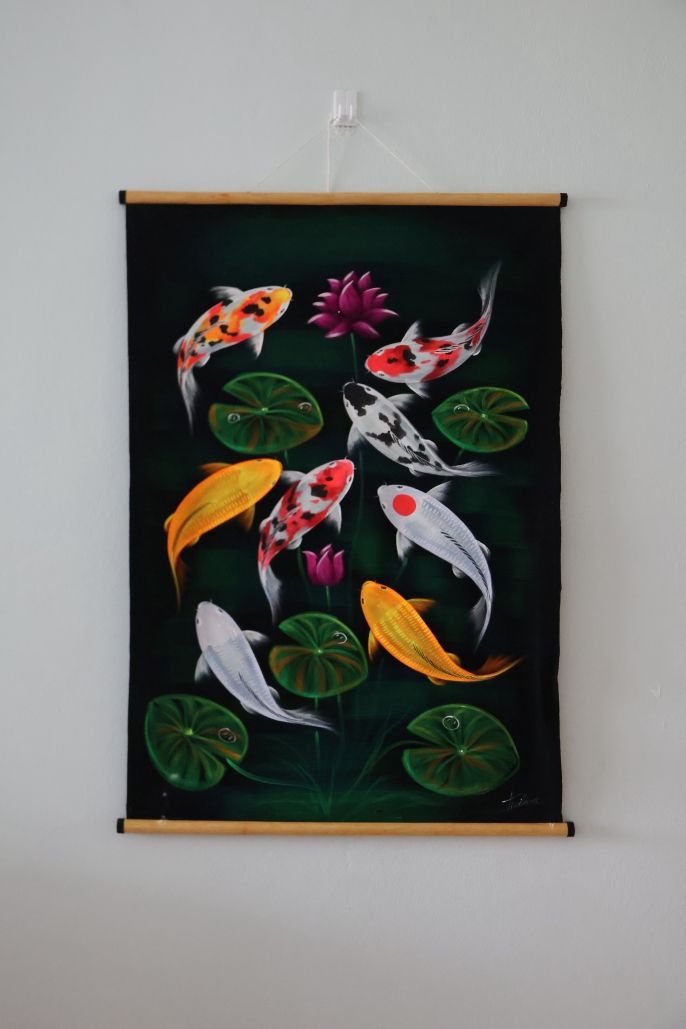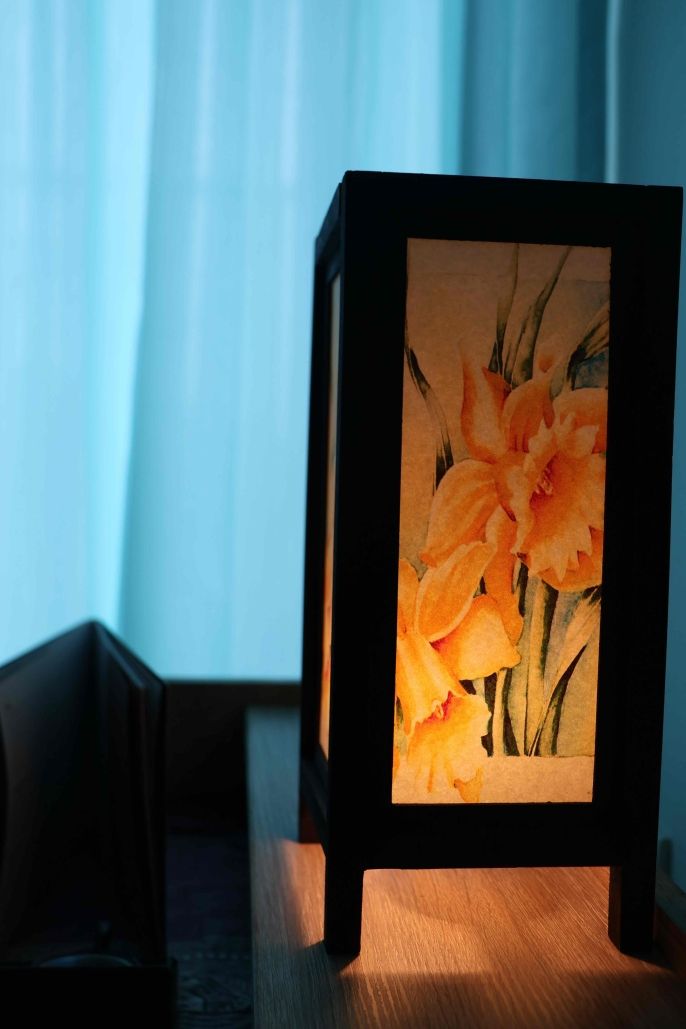Settling In: Confronting Homesickness Overseas
Every time I tell someone I moved to Italy for six months to study Italian, I receive nothing but praise and fascination with my life of traveling and learning. Similarly, when I told people I was moving to Thailand to teach for six months, many people were astonished by my bravery and ambition. My journey abroad has left me with incredible memories. To say the least, it's been a dream.
However, living abroad for an extended period is no easy task. Especially when going abroad means you leave your friends and family at home to start in a new and foreign country. When you sign up to live in a new country, homesickness is one of the hidden clauses you glance over, but that comes up. When I moved to Italy, this feeling was pretty immediate. The first night I moved into my apartment I felt overwhelmed and just wanted to be with my parents. Yet here in Thailand, the homesickness felt different. Rather than this longing to be home, my homesickness was indirect.
What does that mean? I noticed that while adjusting to life in Thailand, I became more irritable, I had headaches multiple times a week when before I rarely had them, sometimes withdrew from groups, and sometimes felt anxious. It does not sound luxurious when you put it that way, but it’s a reality of learning to live in a culture that differs from your own. It doesn’t mean that you are ungrateful, unappreciative, or hate your host country, it just means you miss the familiar and safe area of the home you grew up in.
Homesickness is just part of the process. I took a lot of advice from my friends and the internet to help with my homesickness. Today, I wanted to share my over-the-counter tips for remedying homesickness when you can’t just fly back home.
1. Make your home your own
Invest in making your home a place you like to be, and that feels homey. For me, this was the first and best thing I did after I arrived. Creating a stable and comfortable home base struck me as the most important thing to do because it was the quickest way I was able to establish a place that granted me complete psychological safety. Yes, exploring your neighborhood and engaging in other behaviors to combat homesickness will also work, but I found solace in coming home from a chaotic day of navigating new norms to a room that reminded me of my identity, beliefs, friends, and family.
Some ways I made my apartment into my own space were by purchasing (a):
- Koi Fish banner I found at a local market
- Yoga mat (now I do yoga every morning)
- Photos of my friends and family to hang on my mirror
- Posters created by my students from class assignments
- Comfy loungewear
- Candles and a reed diffuser
- Handmade paper table lamp

2. Cooking
Cooking is high on my list of favorite hobbies. Some of my fondest memories with my family and friends have been gathering over the home-cooked dinner we make for each other or with each other. Investing in cooking appliances and utensils gave me two things: it let me feel in control of my diet and health, and it gave me a variety in my diet.
Since investing in a hot plate, pans, and utensils, I’ve made lots of pasta like pesto, bolognese, piccata, vodka sauce, and carbonara. Since I eat Thai food for breakfast and lunch, it feels nice to add variety to the types of food I eat, especially food that reminds me of home. Additionally, cooking my meals gives me reassurance and control over all the ingredients I put into my body and fills me with satisfaction when I have my finished product.
3. Focused on Spirituality
Processing everything when I first arrived was overwhelming in many ways. I felt that everything was changing rapidly, and whenever I had time to sit back and process it, I was recovering from the long day and wanted to shut my brain off. Leaning into spirituality helped in this process, which I did in three main ways: I started to attend church with fellow American teachers, journal, meditate, and read. Engaging in these various modes of spirituality has given me an outlet to consider my place in the world, and the impact I’m having in the community, and reflect on my journey thus far.
4. Building and Revising Habits
One of my American friends and co-workers emphasized to me often during my first few weeks in Thailand how important it is to bring habits from home when going abroad. How right she was. I put off establishing these habits for my first few weeks since I was running errands, meeting people, adjusting to school life, and learning about the culture. Putting off the establishment of old and new habits is something I wish I had done sooner.
There are three categories of habits I do in Thailand: home, adapted, and new habits. The home habits are the ones that kept their full form when transferring to Thailand. Namely, I have my morning cup of tea before school, and I work out in the late afternoon to early evening. Some habits I brought from home but I have adapted for a new context such as calling my family and friends in the early morning (I typically call people around 5:45 or 6 am) and switching my workout from primarily running and standing and bodyweight exercises to workouts focused more on flexibility and gymnastics. Lastly, I’ve started new habits that have helped me feel healthy and content with my life here: I walk to the neighborhood market once a week, play badminton once or twice a week, and do morning yoga before school.
5. Exploring
Part of the lure in teaching abroad is learning about a culture and what better way to do that than by exploring! Once I began to get familiar with my neighborhood, I was able to feel much more comfortable around the area and was able to associate my area as a home. I tried out food stands and restaurants within walking distance from my school and found my favorite coffee shops to spend my weekend at.
Establishing a new “favorite place” such as a specific coffee shop, a quaint library, or a little garden, can make a big difference in how independent and at home you are in your new environment.

6. Me time and self-care
As an introvert, I needed to find some time to just be by myself. I took my first solo trip to a national park for four days and I came back to school feeling restored and much more like myself. Having that time to myself let me catch up on the books I was reading, helped me feel independent, and gave me space to think.
Me-time should also not be confused with isolating yourself when you feel homesick (and potentially lonely). It should be about having time to destress and process rather than hide from others.
Don't Let FOMO Burn You Out
When making a move across the world, homesickness is expected. When fighting this sense of longing for home, there are dozens of remedies, the ones listed here are just a handful of the possibilities. Calling home more often, talking to people about how you feel, making bucket lists and many other things are all options.
When you are abroad, say yes to as many experiences because you never know where they may lead. At the same time, recognize that not everything you do has to be outside your comfort zone, and saying no to certain invitations will free you up to be more present in other experiences. Above all, tune into the cues your body gives you, be curious, and be sensible throughout your journey.
Related Posts

Teaching in Thailand: Expecting the Unexpected and Redefining Productivity
One of the most magical (and, at times, frustrating) things about being an English teacher in Thailand is how chaotic and spontaneous everything is. Before I arrived, I had so... keep reading
Unexpected Things I Wish I Knew Before Moving to Thailand: The Ultimate Guide to Living in Thailand
I'm sure you've read enough big-picture descriptions of daily life as an American expat living in Thailand. Now, indulge in some of the quirks and seemingly small idiosyncrasies that define daily life here, based on my personal experience living right outside of Bangkok.

A Day in My Life Teaching Kindergarten
Before moving overseas, one question that constantly circled my mind was: What will my everyday life look like? I had lots of ideas, but I quickly realized it's impossible to... keep reading



